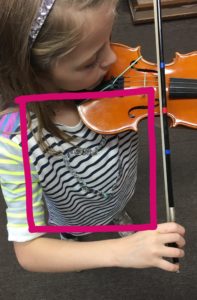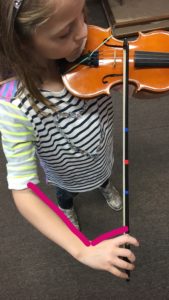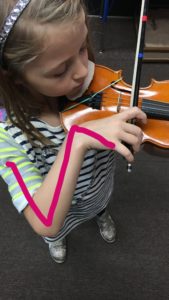
One of the skills Dr. Duke identified last semester as an element of expert teaching is “behavior management” in lessons.
This term is usually used to discuss the particular ways children are wrangled so that they do exactly what we want them to in lessons. But Duke asked us to look beyond student behavior to the sum and meaning of relational behaviors between students, parents, and teachers.
Trained in our family units, school, and communities to be socially appropriate (for efficiency and comfort’s sake), socialized humans are compelled to be polite. We ignore issues, we resist conflict, we justify bad behavior, we avoid hard conversations, we deliver fluffy compliments, and we seek simple, clean solutions to discomfort. These compulsions are the oil that keep our social machine running smoothly.
So the biggest challenge new teachers face is in switching their mindsets and behaviors from friend to teacher. As a teacher it is irresponsible to be polite. It is irresponsible to ignore issues, conflict, and bad behavior because those are often symptoms of challenges it is your job to help students overcome.
In a teacher to student relationship you are managing at all times the health of your student. Sure, as a bi-product of that healthful development your student will make some beautiful sounds on a violin, but much more importantly you will guide them toward becoming a beautiful human.
So if you are having issues with student behavior, take a close look at your own behavior. Are you acting as the teacher? Or are you acting as you’ve been socially conditioned, as a friend?
The complex dynamics of your relationship with your student can be hard to sort out while teaching. So I recommend you follow this process Dr. Duke led me through last semester. [Read more…]












